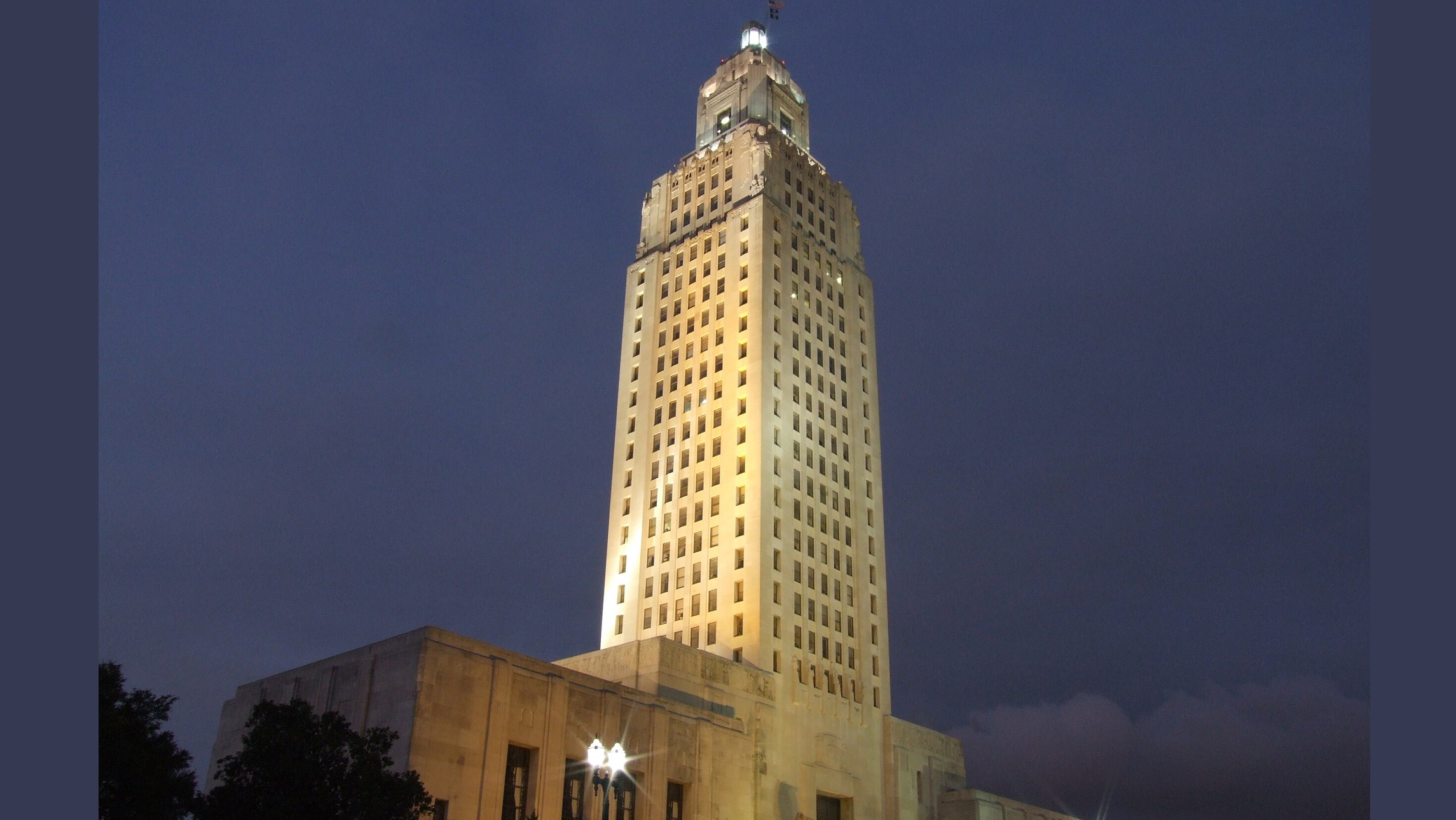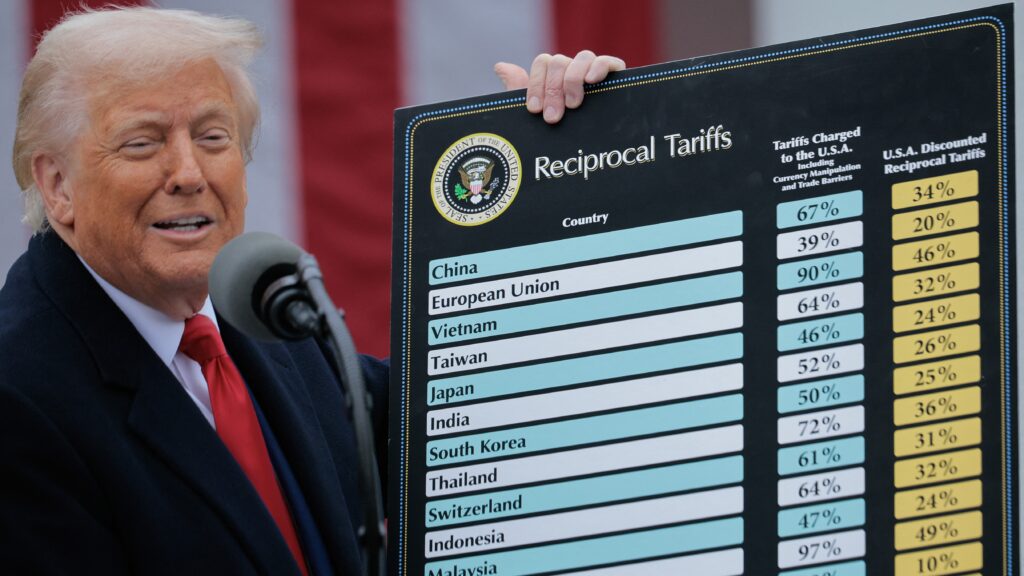While Republicans and Democrats are locked in a battle over the reopening of the government in Congress, another fight is brewing in a different branch: the judiciary. The Supreme Court is scheduled to hear a second round of oral arguments next week in Louisiana v Callais.
The case originates from 2022, when black advocacy groups sued the state of Louisiana over its new congressional map, drawn after the 2020 census. The objection was that only one of the six districts was majority black, while about one-third of the state’s population is African American—thus, the plaintiffs were looking to create two majority black districts. In their arguments, they were appealing to Section 2 of the 1965 Voting Rights Act, which prohibits the practice of so-called ‘vote dilution’ in congressional districting, such as packing all minority voters into one district, or dispersing them into so many that they do not have enough of an impact in an election.
Federal district judge Shelly Dick ruled in favour of the black activists in the case, deciding that the new map did violate the Voting Rights Act. The Louisiana Secretary of State appealed the decision to the Supreme Court, and asked for a stay on the judgment, which was granted. However, when the Supreme Court in a similar case, Allen v Milligan, found that the Alabama congressional map was in violation of the VRA in June 2023, the stay was lifted, So the Louisiana legislature was forced to draw up a new map, with two majority black districts this time.
Thus, as of now, Louisiana’s delegation in the House of Representatives consists of four white Republicans (including House Speaker Mike Johnson) and two black Democrats.
However, in February 2024, 12 Louisiana residents identifying themselves as ‘non-African American voters’ filed another lawsuit against the state, claiming that the new map violates their 14th and 15th Amendment rights because the districts are racially gerrymandered. Despite the recent ruling in Allen v Milligan, the Supreme Court has agreed to hear the case.
Why Does Louisiana v Callais Matter for the 2026 Midterms?
If the Supreme Court rules that racial gerrymandering is in fact unconstitutional, solid Republican states in the South with a large black populations (the aforementioned Alabama and Louisiana, as well as Mississippi, South Carolina, Tennessee, and Arkansas) will have the ability to redraw their maps without any regard of the racial make-up of the districts. The six states mentioned above have a total of seven Democratic representitves in the House among them, the majority of whom are African Americans elected from black districts.
Earlier this year, Democrats have made quite a fuss over redistricting in Texas, so gerrymandering is a topic fresh in people’s minds. Additionally, both parties expect the 2026 midterm elections to be much closer than those in President Trump’s first term, when Democrats won the popular vote by 8.6 points and secured 235 seats. Now, the GOP is looking to buck the 21st-century trend by holding on to its House majority during the midterms while also controlling the presidency.
In a tight race in the House in 2026, the handful of seats Republicans could pick up in the South after a new Supreme Court ruling would go a long, loong way.
Related articles:







